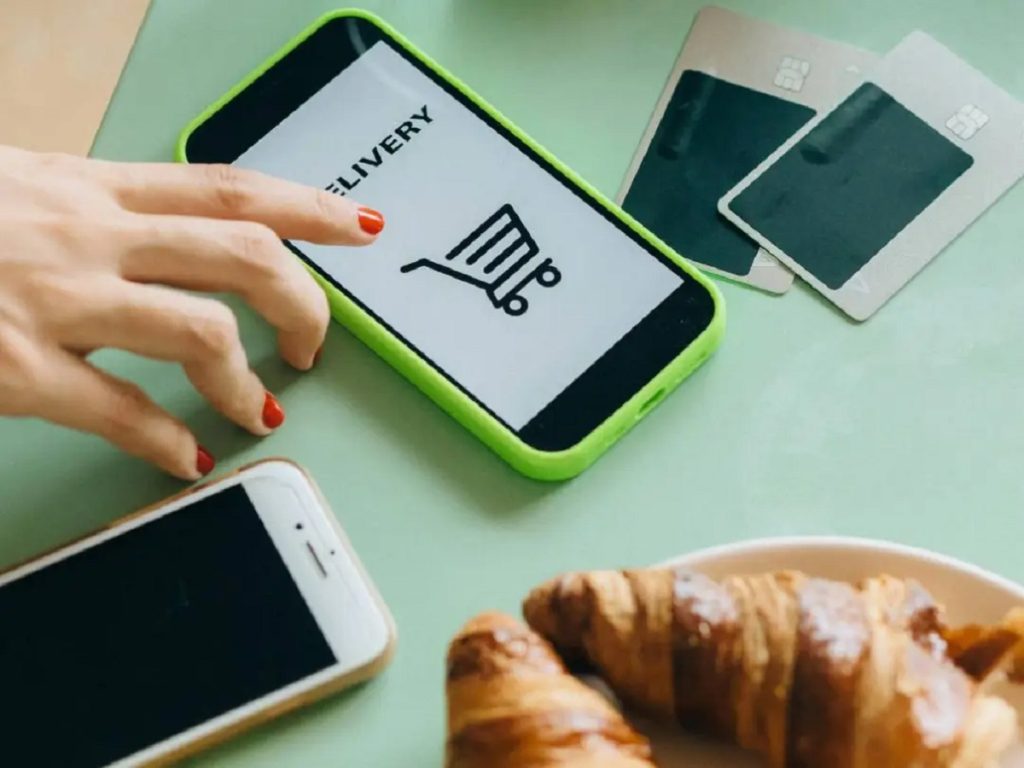Over the past decade, delivery services have transformed how Americans shop, eat, and connect with businesses. Companies like DoorDash, Uber Eats, Grubhub, and Instacart have made it possible to get everything—from hot meals to fresh groceries—delivered to the doorstep in minutes. For Arab and Muslim communities in the U.S., this trend carries unique cultural and religious importance.
Why Delivery Services Matter to Arab and Muslim Families
Arab and Muslim households often prioritize halal-certified meals, Middle Eastern groceries, and traditional products that aren’t always available in mainstream stores. Delivery platforms make these items more accessible, especially for families living far from ethnic markets or halal restaurants.
-
Halal food delivery: Many restaurants now label halal options on apps like Uber Eats, making it easier for Muslims to order with confidence.
-
Grocery delivery: Apps such as Instacart and Amazon Fresh deliver Arabic staples—like pita bread, dates, tahini, and halal meat—directly from specialized stores.
-
Cultural products: Beyond food, some communities use delivery for items like Islamic books, prayer rugs, and Eid decorations sold by local businesses.
Convenience Meets Faith
For Muslim consumers, delivery apps offer flexibility that supports religious practices. During Ramadan, families can order iftar meals from halal restaurants. On busy workdays, parents can schedule grocery delivery to save time for prayers and family commitments. Some mosques and Islamic centers also partner with delivery platforms to distribute charity meals.
Challenges and Opportunities
While the delivery boom has brought convenience, challenges remain:
-
Halal labeling: Not all platforms clearly identify halal-certified options, creating trust issues.
-
Costs and fees: Delivery charges can make halal food less affordable for large families.
-
Limited coverage: Smaller Arab or Muslim-owned restaurants may not appear on major apps.
Still, the demand is pushing platforms to adapt. More apps are adding halal filters, expanding into Arab-heavy neighborhoods, and supporting local businesses that serve immigrant communities.
The Future of Delivery for Arab and Muslim Communities
The next phase of growth will likely focus on:
-
Dedicated halal delivery apps offering verified certification.
-
E-commerce platforms catering specifically to Arab and Muslim consumers.
-
Partnerships with mosques and cultural centers for community-based delivery programs.
-
Tech-driven transparency using blockchain or QR codes to verify halal supply chains.
For Arab and Muslim families in the U.S., delivery services are no longer just about convenience—they are about preserving culture, upholding faith, and staying connected to home traditions in a fast-paced modern world.

